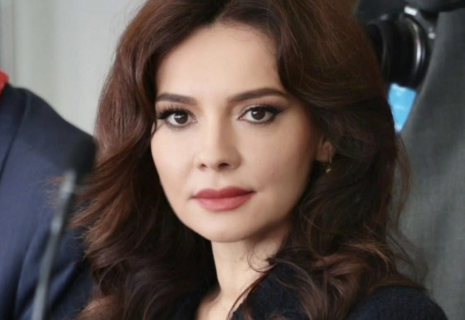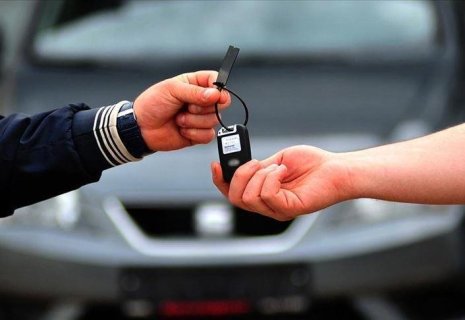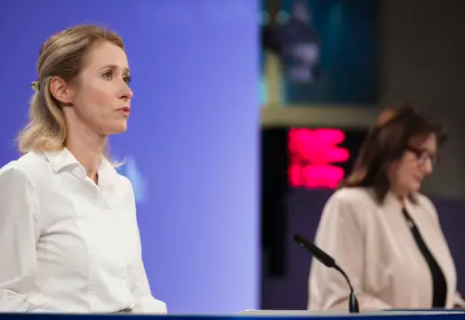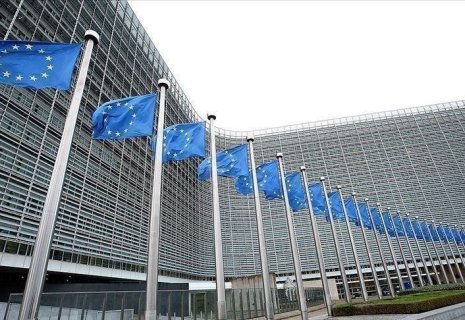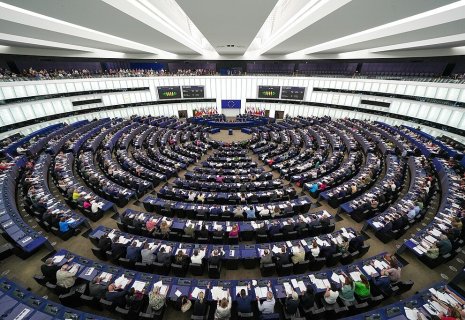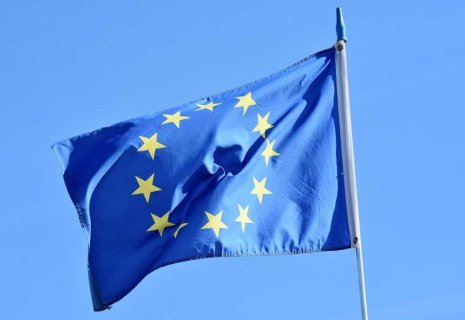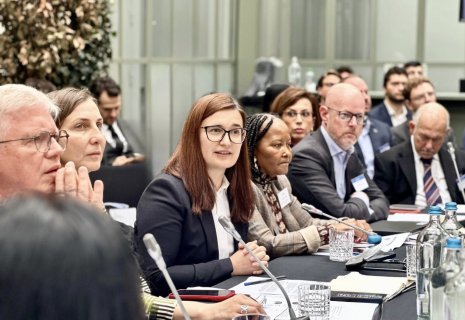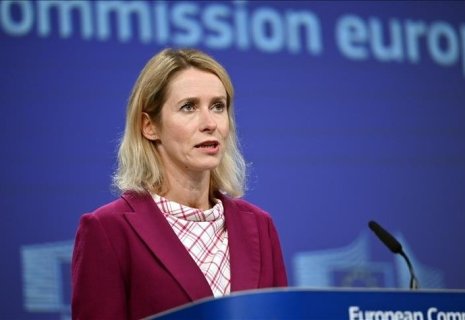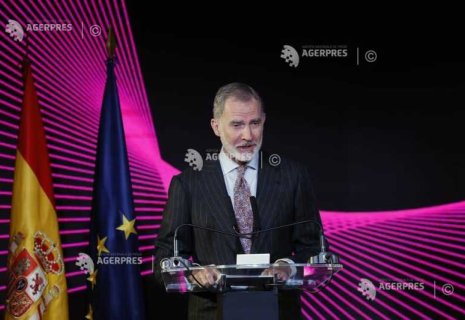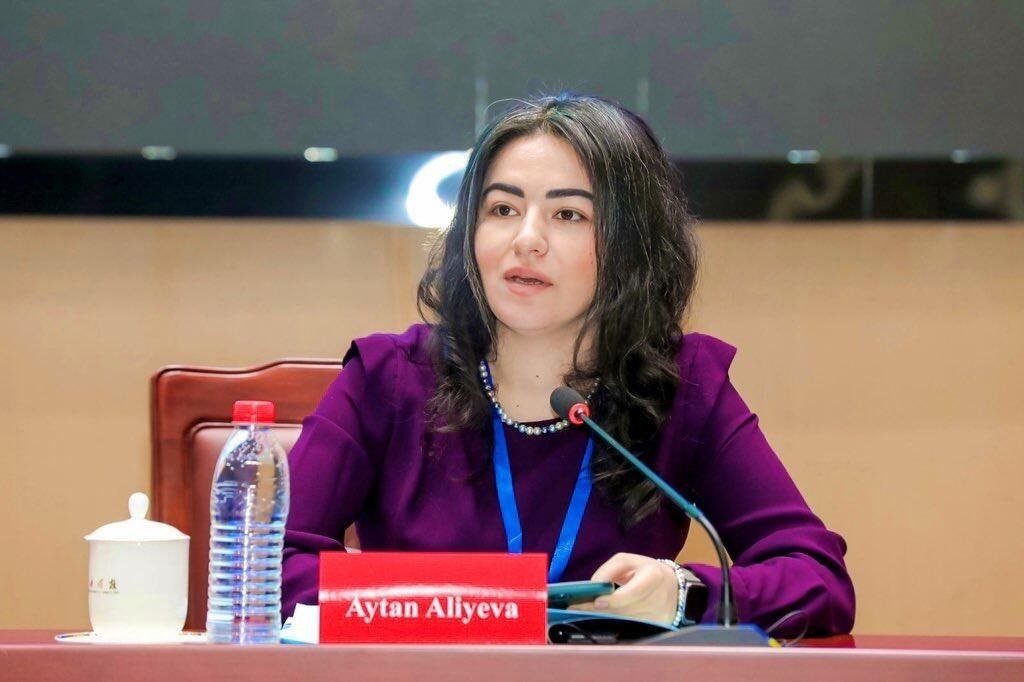
Opinion: Future of EU Enlargement: Reform challenges and geopolitical realities
By Aytan Aliyeva
The EU Enlargement Forum, scheduled for 18 November 2025, will focus on the 2025 Enlargement Package and preparations for integrating new member states. The event held under the theme "Completing the Union, Securing our Future" and marks a shift in perspective - from asking whether countries can join the EU to how and when enlargement should take place. Key discussion topics include reforms in candidate countries, particularly in the rule of law, fundamental rights, and economic convergence, s well as the EU’s institutional and economic readiness for expansion. The Western Balkans will be highlighted as the core region for enlargement, given its strategic importance for Europe’s stability and security.
The purpose of this article is to analyze the factors influencing accession decisions, with particular reference to the criteria applied to both candidate and potential candidate countries.
Highest prospects for membership
Among the current EU candidate countries, Montenegro and Moldova are demonstrating the strongest potential for accession, although their paths differ fundamentally. Montenegro is the most advanced Western Balkan candidate in technical terms, while Moldova represents the new wave of Eastern enlargement driven by geopolitical urgency and strategic importance for the European Union.
Montenegro began its accession negotiations in 2012 and has since opened all 33 negotiation chapters, with several already provisionally closed, making it the leading candidate among the Western Balkan states. Its progress reflects more than a decade of steady institutional reform and alignment with EU legislation. The country's political elite, across most parties, supports EU membership, which ensures continuity in the reform process despite domestic political turbulence. Montenegro has made significant progress in several areas, including judiciary reform, public administration, and aligning its foreign policy with the EU, including the implementation of sanctions against Russia. However, some challenges including corruption, limited media freedom and weak rule-of-law enforcement, which continue to hinder full implementation of EU standards. The European Commission's latest reports highlight the importance of Montenegro's continued commitment to judicial reform and the independence of its judiciary as key conditions for the conclusion of the final negotiation chapters. Given its small size, pro-European orientation, and advanced negotiation stage, Montenegro is widely regarded as the most likely next EU member provided it maintains reform momentum.
Moldova reflects the geopolitical aspects of enlargement rather than its administrative development. Moldova was granted candidate status in 2022 and opened accession negotiations in June 2024, it has moved rapidly to establish the administrative frameworks necessary for EU integration. The country has launched comprehensive reforms in governance, the judiciary and anti-corruption policy under a government that is strongly pro-European. Moldova's leadership has presented EU membership as a national security priority, particularly in light of regional instability caused by Russia's war against Ukraine. The EU views Moldova’s integration as vital for stability along its eastern border, offering substantial political and financial support. However, Moldova's path remains structural vulnerabilities, due to economic vulnerabilities, energy dependence, and the unresolved Transnistria conflict. These issues make its accession more politically sensitive and dependent on the EU's willingness to integrate a country still facing security threats.
Together, Montenegro and Moldova represent two complementary dimensions of enlargement: reform-based accession and geopolitical integration. Montenegro shows that sustained institutional progress can bring a country close to membership, while Moldova illustrates that, in today’s security environment, enlargement has evolved into both a political and strategic imperative.
Conditional membership prospects
In the current enlargement landscape, Albania, North Macedonia, and Ukraine are considered countries with promising but conditional prospects for EU membership. All three have demonstrated a strong political commitment to joining the European Union and have made visible progress in reforming their institutions, however, their accession paths remain restricted by specific domestic, regional or geopolitical challenges.
Albania has been a candidate country since 2014 and formally opened negotiations in 2022, together with North Macedonia. The country has achieved significant progress in judicial and public administrative reform, particularly selection process has led to the dismissal of hundreds of judges and prosecutors associated with corruption, demonstrating Albania's commitment to rule-of-law standards. Furthermore, Albania's political stability and alignment with EU foreign policy have strengthened its credibility as a reliable partner. However, corruption and weak governance continue to slow reform implementation and limited institutional capacity hampers the enforcement of EU standards. For sustainable development, Albania need further integrate into the EU single market and strengthen its economic resilience.
North Macedonia closely linked to Albania in the enlargement process, has long been recognized for its reform-oriented governance and positive contribution to regional stability. The Prespa Agreement of 2018, which resolved a long-standing dispute with Greece, opened the door to NATO membership and renewed European prospects. Despite these achievements, the country's EU accession process has been repeatedly delayed due to its bilateral dispute with Bulgaria concerning identity and language issues. This has led to widespread dissatisfaction among North Macedonian citizens and has had a negative effect on public trust in the EU enlargement process. North Macedonia has met most of the EU's key political and institutional criteria. Once the issue has been resolved, North Macedonia is expected to make rapid progress, given that it has one of the strongest institutional alignments with EU standards in the Western Balkans.
Ukraine, meanwhile, represents a new type of candidate whose accession is defined by geopolitical and structural conditions. Candidate status was granted in 2022, and negotiations began in 2024, Ukraine's accession process is deeply connected to its ongoing war of defence and post-war reconstruction. The country has shown determination in reforming governance structures, transferring power, and strengthening anti-corruption bodies even amid conflict. The EU has acknowledged Ukraine's advancement in digitalization, public procurement transparency, and energy market alignment. Nevertheless, the scale of reform required remains vast: rebuilding infrastructure, ensuring judicial independence, and harmonising national law with the EU acquis will take many years. Ukraine’s area, agricultural output, and demographic weight will also have major implications for the EU’s budget and agricultural policy, requiring substantial internal adjustments.
In comparison, Albania’s challenges are primarily governance-related, North Macedonia’s are political and bilateral, while Ukraine’s are structural and geopolitical. All three highlight the diversity of conditionality within the enlargement process. Their progress underlines that the future of EU enlargement depends not only on candidates’ reforms but also on the Union’s ability to manage internal capacity, credibility, and strategic vision in an increasingly competitive world order.
Low prospects of the EU accession
The remaining candidate countries, Serbia, Georgia, and Türkiye are considered to have a low or even negligible chance of joining the European Union in the near future. Each of these states faces specific internal and external barriers to accession, ranging from political misalignment and democratic regression to unresolved conflicts and significant differences in EU values.
Serbia has been a candidate since 2012 and once held strong potential for EU membership, but its accession process has largely ground to a halt over the past decade. The country has opened 22 out of 35 negotiation chapters, but has closed only two, indicating minimal progress. Its failure to align with EU foreign policy, particularly regarding Russia, remains a decisive obstacle. Serbia maintains close political and economic ties with Moscow and has refused to participate in EU sanctions following the invasion of Ukraine. This has had a significant impact on the country's reputation as a potential EU member. Additionally, Serbia's lack of progress in normalizing relations with Kosovo remains a central obstacle, as the EU insists that a legally binding agreement between the two is a precondition for accession. Domestically, concerns about democratic regression, state influence over the media, and weak the rule of law institutions further undermine its prospects.
Georgia was officially granted EU candidate status in late 2023, has moved in the opposite direction of EU expectations. Georgia's government, under the ruling “Georgian Dream” party, was once considered a potential leader in the Eastern Partnership. However, the introduction of the “foreign agents” law, inspired by Russian legislation,, has prompted serious concern in Brussels as it affects NGOs and independent media outlets. Furthermore, the government's unclear stance on Russia's aggression against Ukraine and its decision not to align with EU sanctions have further distanced key European partners. As a result, while Georgian society remains broadly pro-European, the government's actions have delayed the country's integration process. However, the EU's accession negotiations with Georgia may be revised or suspended if there is no fundamental political change and a clear recommitment to democratic principles.
Türkiye represents the most prolonged and politically frozen case in the EU's enlargement history. Türkiyehas been a candidate country since 1999 and an official negotiating state since 2005, but its accession process has been de facto suspended since 2018. The weakening of the law, constraints on the media and violations of human rights have made progress unfeasible. Geopolitical disputes, including disagreements over Cyprus, gas exploration in the eastern Mediterranean and the management of migration, are further straining relations between the EU and Turkey. Turkey remains a key partner for the EU in areas such as trade, energy, and migration control, but the EU no longer regards it as an accession candidate. The EU increasingly treats Ankara as a strategic partner, not a future member, shifting focus to cooperation without integration.
The three countries different modes of disengagement: Serbia’s strategic ambiguity, Georgia’s democratic regression, and Türkiye’s political divergence. Each highlights how internal politics and external alignment determine the limits of the EU’s transformative power.
Potential future members in the long term
Beyond the current candidate list, Kosovo and Armenia stand out as potential future members, but only in the very long term. Both are geographically and culturally European and share aspirations for deeper integration, yet face profound political and geopolitical challenges.
Since declaring independence from Serbia in 2008, Kosovo has made significant progress in building the institutional foundations of a democratic state. It has developed a functioning parliamentary democracy, reformed much of its legislation in line with EU standards, and signed a Stabilisation and Association Agreement (SAA) with the European Union in 2016, a key step toward candidacy, and has aligned much of its legislation with EU standards. However, its accession path remains blocked by the non-recognition of its statehood by five EU member states — Spain, Greece, Romania, Slovakia, and Cyprus. This lack of recognition is preventing the EU from granting full candidate status, as consensus is required for any enlargement step. Additionally, the unresolved dispute with Serbia remains a central issue; the EU-led dialogue between Belgrade and Pristina has yet to produce a legally sound normalisation agreement. Nevertheless, the EU remains engaged through financial aid, visa liberalisation, and regional cooperation initiatives. If recognition issues are resolved and relations with Serbia normalized, Kosovo could eventually move toward candidacy, though this will require political consensus within both the EU and the region.
Armenia is not a formal candidate but has recently taken steps to strengthen its relationship with the European Union. Following its 2020 military defeat and subsequent shifts in public opinion, Armenia began re-evaluating its foreign policy orientation. In 2025, the Armenian parliament voted to explore a potential EU membership application, marking a historic policy shift. Through the Comprehensive and Enhanced Partnership Agreement (CEPA) of 2017, Armenia already cooperates closely with the EU in governance reform, economic modernisation, and human rights promotion. However, the country’s path is constrained by its security dependence on Russia, membership in the CSTO, and the ongoing management of a complex peace process with Azerbaijan. Domestically, Armenia needs to consolidate democratic reforms, strengthen judicial independence, and diversify its economy to reduce external dependence. Nevertheless, the EU considers Armenia to be a promising partner within the Eastern Partnership framework. Its growing European orientation could eventually lead to candidacy, once its security and sovereignty are more firmly established.
Despite their different circumstances, both Kosovo and Armenia reflect the EU’s long-term vision of expanding stability and democracy in sensitive regions, the Western Balkans and the South Caucasus. Supporting Kosovo reinforces the EU’s commitment to Balkan reconciliation, while deepening ties with Armenia enhances European influence in the post-Soviet space. Their eventual membership remains a distant but symbolically significant possibility, dependent on major regional transformations and the EU’s continued strategic engagement.
The European Union's current enlargement landscape reveals a diversified and imbalanced picture. Montenegro and Moldova are showing tangible progress, while Albania, North Macedonia and Ukraine are making progress under certain conditions. In contrast, Serbia, Georgia and Türkiye are encountering political stagnation or a deliberate deviation from EU norms, while Kosovo and Armenia are defined by long-term aspirations influenced by unresolved recognition and geopolitical challenges.


